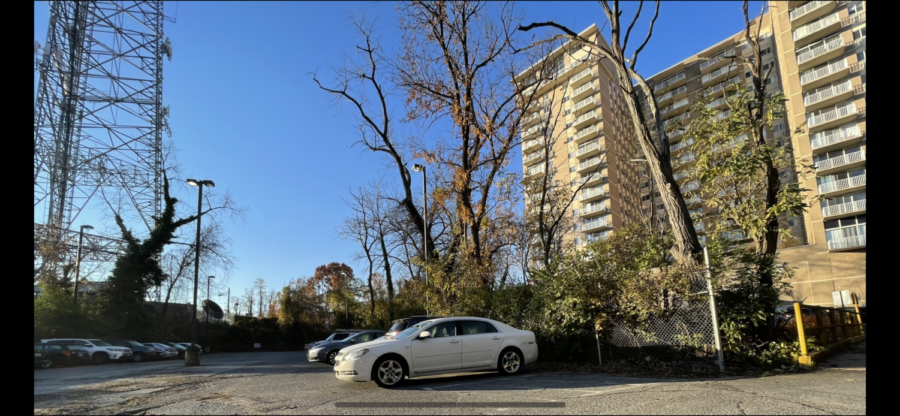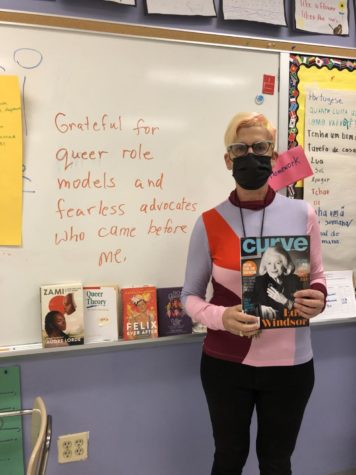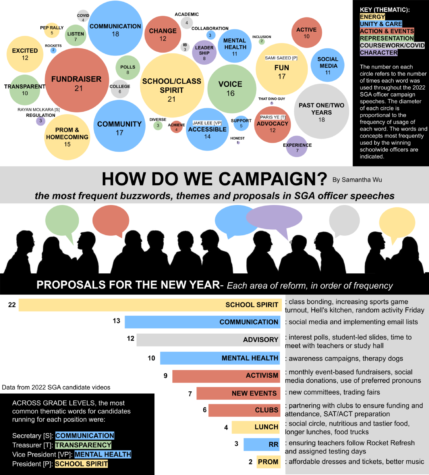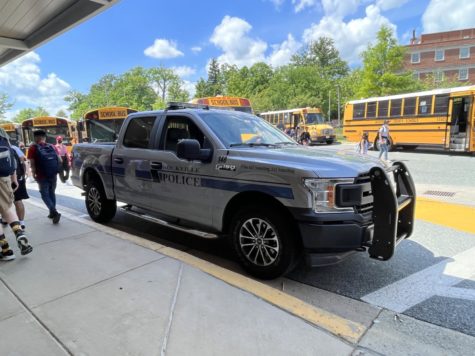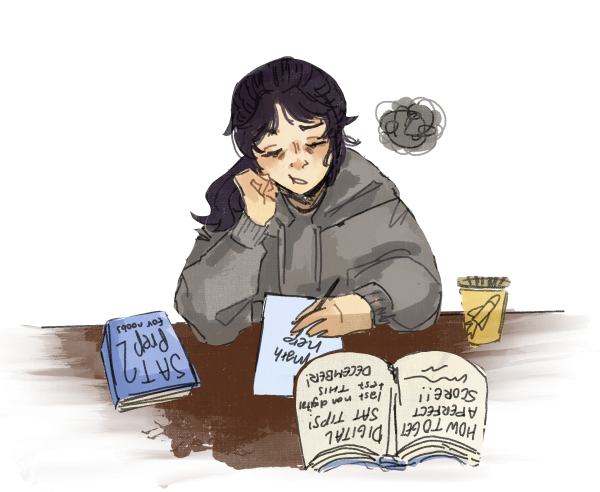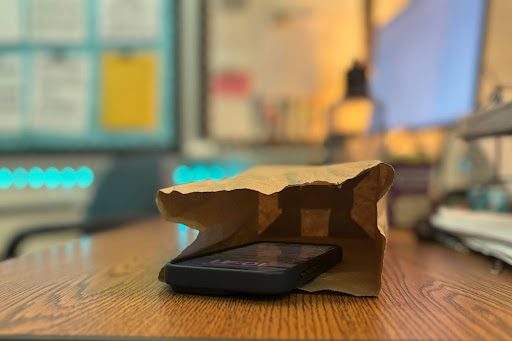Local Black cemetery spared
Protestors who congregated in a Bethesda parking lot succeeded in their goal- to prevent the sale of the historic property.
Two months ago, demonstrators congregated at a Bethesda parking lot to protest the then-pending $50 million sale of the lot and its surrounding apartment complex, which houses the historic Moses African Cemetery. They sang spirituals, beat African drums, and marched with signs reading Black Lives Matter in Life and Death.
This was only one of many protests against the sale of Moses Cemetery to developer Charger Ventures. Spearheading this fight is the Bethesda Africa Cemetery Coalition (BACC): an organization that stems from the Macedonia Baptist Church, which, along with Moses Cemetery, is one of the few remaining vestiges of the historic Black community along River Road.
The BACC filed their first lawsuit in August, claiming that the Montgomery County Housing Opportunities Commission (HOC) violated state law by not getting court approval for the sale of cemetery property. In September, a Montgomery County judge barred the sale of the lot until a future hearing could take place.
The campaign was not without opposition; according to an NBC News article, HOC attorney Frederick A. Douglas questioned the validity of the historical evidence the coalition presented. In a September hearing regarding the sale of gravesite, he said, “To say that HOC is continuing that evilness by selling this particular property that has graves… is a bit much.”
But for many supporters of the preservation effort, this issue goes far beyond this individual cemetery.
“These are people who were so oppressed and so discarded and so disrespected in life, and now, even in death, they meet the same fate,” BACC president Marsha Coleman-Adebayo said.
In the final verdict, the Montgomery County circuit judge Karla Smith ruled in favor of the BACC, denying Charger Ventures and Montgomery County’s HOC the sale—a decision that resounded in many Montgomery County communities, including Richard Montgomery.
“I feel like in America especially, when it comes to cemeteries and things, it’s very easy not to care—especially it being Black bodies that are buried here,” junior Therese Dang said. “So I am glad that they did deny the sale, because after 2020 I think we learned that these people are human beings that matter, and they deserve to rest in peace.”
“A lot of history has been forgotten,” history teacher Todd Stillman said. “And a lot of history has been paved over, built over. And the thing is that places and sites are also memories. And people need that connection to their past. And the extent to which we can preserve those memories, particularly for groups that have been historically disenfranchised or written out of the historical record—I think it’s valuable.”
Even with their most recent victory, the BACC will continue to hold protests every Wednesday, as their ultimate goal is to have Moses Cemetery publicly proclaimed sacred ground as well as keep alive the history of the Bethesda African community the cemetery belongs to. According to their website, they aim not only to save Moses Cemetery from further desecration, but to contribute to the nationwide effort to protect potentially forgotten or destroyed historic Black gravesites all over the country.
“With the court case, we won part of it, but there’s still so much work to be done in terms of that,” protestor Elizabeth Dorokhina said. “It’s not just here, it’s everywhere, and our victory was such a big thing. It was really important, it’s really great that it happened, but even other cemeteries nearby haven’t experienced the same kind of success and it’s taken years to get here. So it’s just really important that people in the community know about it, that people in the community care.”
Your donation will support the student journalists of The Tide, Richard Montgomery High School's student newspaper. Your contribution will allow us to purchase equipment and cover our annual website hosting costs.

Julianne Cruz is delighted to be working her first year as a graphics artist for The Tide. Outside of school, she likes baking cream puffs, making blankets...
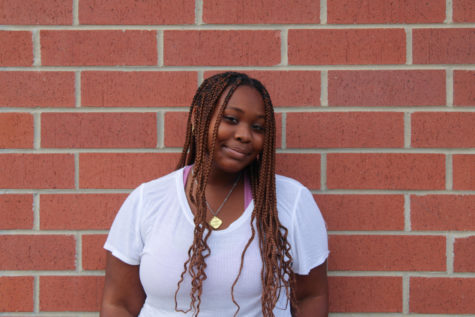
Delaney is fun outgoing and loves the color pink. She has been writing opinion and features articles for the tide for a while now, and wants to pursue...



